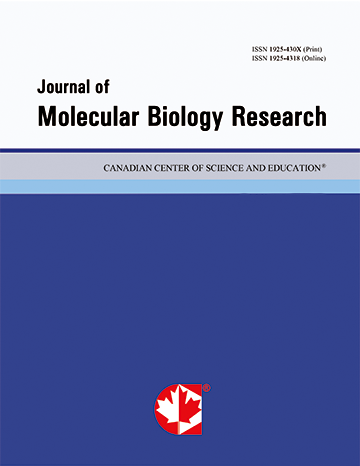Anti-Proliferative and Apoptotic Activity of Rumex obtusifolius seed’s Hydroalcoholicextract on Human Colon Cancer Cell Line “SW480”
- Ladan Badiee Pourtaghi
- Farahnaz Bineshian
- Bizhan Sadighi Moghadam
- Raheb Ghorbani
- Hossein Nazari
Abstract
Cancer is considered a serious threat to human health thatcolon cancer is the third most common cancer in the world. Colon cancer has undergone significant growth worldwide in recent years, and many people die every year as a result of this disease, which its treatment is a major challenge for researchers. In this study, we investigated the effect of anti-proliferative and apoptotic activity seed’s hydroalcoholic extract of Rumex obtusifolius, “is native to Semnan's northern region” on the human colon cancer cell line, SW480.
The SW480 human colon cancer cell line were cultured in RPMI 1640 cell culture containing 10% Fetal bovine Serum and 1% Penicillin and Streptomycin antibiotics and incubated with a relative humidity of 95%, carbon dioxide 5% at 37°C. The SW480 cancer cell line was cultured in 48 and 96 well plates and treated with different concentrations of seeds hydroalcoholic extract of Rumex obtusifolius (20/40/80/160/320 micrograms/ml) for evaluation of cell viability by Trypan blue exclusion method and MTT assay. A non-treated group was used as control and a treated group with DMSO was used as solvent in solution of powdered extract as vehicle as well as positive control groups. Also, cell apoptosis assessment was performed by Propideum iodide/Annexin V test “Flowcytometry”and DNA fragmentation analysis “Agaros electrophoresis”.
Seed hydroalcoholic extract caused cell death at concentrations of 40, 80, 160 and 320μg/ml, which the anticancer effect trend to increase significantly from 80μg/ml. The effect of R. obtusifolius seed extract even has more anti-cancer effect in 160 and 320μg/ml than cells which is treated to 5FU as a positive control groups.
Seed hydroalcoholic extract reduced cell viability in proportion concentration. The effect of anticancer activity of seed extract trend to increase from 40μg/ml but it was shown effective concentrations for inhibiting of the cells growth were 160, 320μg/ml in 48 hr incubation time and 80, 160 and 320μg/ml in 72 hr incubation time. Also, the effect of this extract at concentrations of 160 and 320μg/ml with control group is not significant which have more cytotoxicity and even extract can have a significant effect on decreasing the survival of the SW480 cells. The data generated by flow cytometry are shown that colon cancer cells trend to necrosis and apoptotic pathway from 40μg/ml and increased significantly entrance to apoptotic pathway from 80μg/ml which is confirm the Trypan blue and MTT assay tests. Since the appearance of the DNA fragmentation, which precedes the bioavailability change, is characteristic to apoptosis, the extracts were considered to be apoptosis-inducers. The ability to inhibit growth and induction of apoptosis in SW480 cancer cells is a concentration- and time dependent manner. These results indicated that the induction of apoptosis at least partly mediates their cytotoxic activity which is necessary down further study for elucidation apoptotic signaling pathway.
- Full Text:
 PDF
PDF
- DOI:10.5539/jmbr.v9n1p111
Index
Contact
- Grace BrownEditorial Assistant
- jmbr@ccsenet.org
